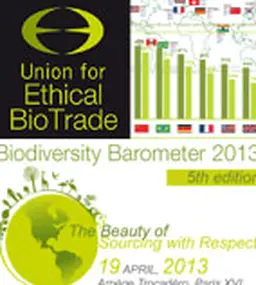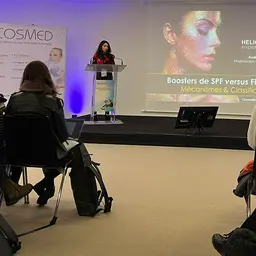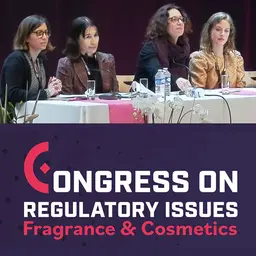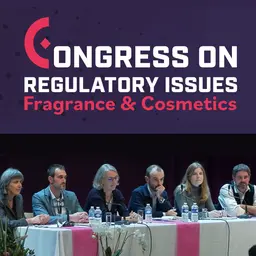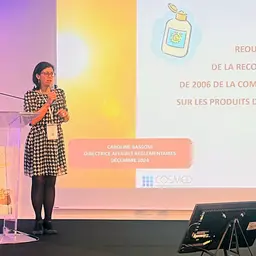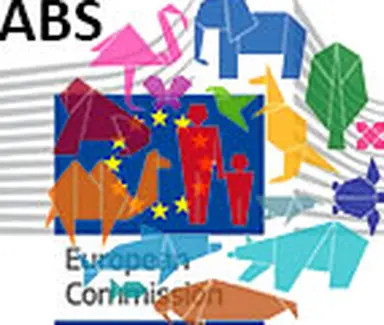
This ABS does not equip our cars but regulatory protocols to ensure equitable access and sharing of genetic resources and traditional knowledge. The Convention on Biological Diversity and the Nagoya Protocol were included in the European regulatory arsenal in 2014. The day “The Beauty of Sourcing with Respect”, organized by the UETB (Union for Ethical Bio Trade) on April 19, 2013 in Paris, was an opportunity to review the subject.
It all began in 1992, at the Earth Summit in Rio de Janeiro. It is here that the Convention on Biological Diversity is adopted, with three main aims:
• The preservation of biodiversity
• The sustainable use of its elements
• The fair and equitable sharing of benefits arising from the utilization of genetic resources (i.e. genetic material of actual or potential value), or access and benefit sharing (ABS)
ABS covers the system of access to genetic resources and associated traditional knowledge, and the fair and equitable sharing of the benefits arising from their utilization, on the basis of prior consent and mutually agreed terms. ABS requirements extend more broadly to biodiversity-based research and development, as well as subsequent applications and commercialization activities.
The implementation of ABS principles requires national legislation. For example, when and how companies must obtain prior consent depends on the country in which they seek access to resources. Similarly, the content of mutually agreed terms will depend on local requirements and specific circumstances.
The Nagoya Protocol, adopted in 2010, formalizes the principles of ABS and establishes rules to facilitate, promote and ensure its effective implementation.
It has been signed by more than 190 countries around the …

